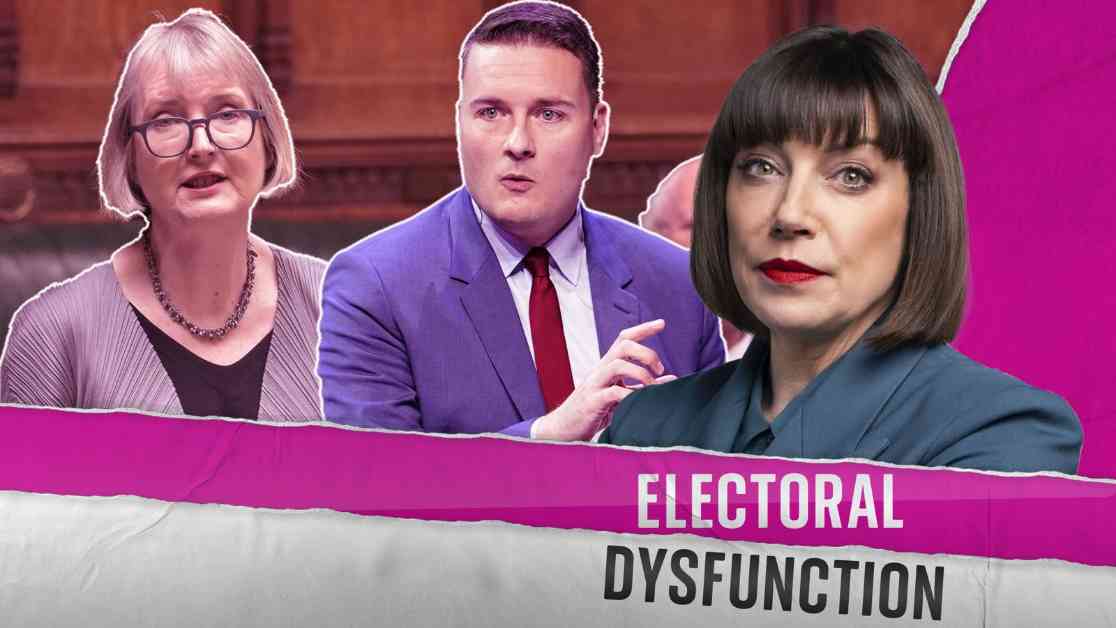Baroness Harriet Harman criticized Wes Streeting for publicly opposing assisted dying, saying he “crossed the line” by revealing his voting intentions. She emphasized that the issue of assisted dying should not be reduced to a matter of resources, as it is a significant moral concern that affects only a small number of individuals.
In a recent podcast, Baroness Harman pointed out that Mr. Streeting’s arguments seemed contradictory. On one hand, he mentioned concerns about the costs associated with implementing assisted dying legislation and the potential impact on NHS services. On the other hand, he suggested that people might feel pressured to end their lives to save the NHS money. Baroness Harman highlighted the inconsistency in these arguments, stating that it cannot be both a cost-saving measure and a costly endeavor.
Furthermore, Baroness Harman criticized Mr. Streeting for breaching neutrality by publicly stating his voting stance on assisted dying. She stressed that MPs should be able to vote based on their conscience rather than party lines, as the government is expected to remain neutral on the issue. Additionally, she cautioned against viewing Mr. Streeting as a representative of Keir Starmer, emphasizing that each backbencher has the freedom to vote according to their beliefs.
While Prime Minister Keir Starmer has voiced support for assisted dying, his voting decision remains unclear. The cabinet members have varying opinions on the matter, with Justice Secretary Shabana Mahmood opposing assisted dying and Energy Secretary Ed Miliband supporting it.
The upcoming debate and vote on the Terminally Ill Adults (End of Life) Bill, championed by Labour backbencher Kim Leadbeater, will address the legalization of assisted dying. The bill proposes giving terminally ill individuals with six months left to live the option to end their lives, subject to confirmation by independent doctors and judicial approval. It also includes penalties for those who coerce individuals into ending their lives.
On 29 November, MPs will participate in a crucial vote on assisted dying legislation, marking the first Commons vote on the issue since 2015. The outcome of this vote will have significant implications for the future of assisted dying in the UK.













